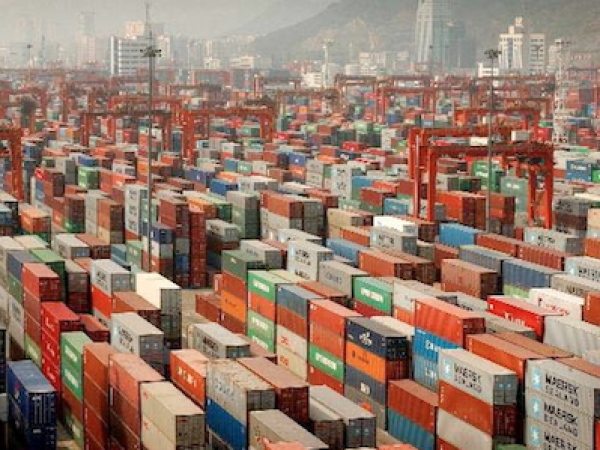PortEconomics member Vicky Kaselimi presented her latest research on the effects of opening up terminal business to outsiders: A game theoretical approach with application to the South African ports, during the annual conference of the International Association of Maritime Economists – IAME 2012, that was held in Taipei, Taiwan.
Most ports around the world are governed following the landlord port authority scheme. Under this management model, terminal operations are awarded to private companies using long-term concession agreements that are signed between the port authority and the private terminal operator.
South African ports constitute the exception to this rule as all container terminals in South African ports are operated by the same public body Transnet. Transnet Port Terminals (TPT) is responsible for the cargo handling and logistics management solutions at the container terminals of the ports of Durban, Port Elizabeth, Ngqura and Cape Town. The above governance model establishes a monopoly setting in the container terminal operating business preventing both competition in the market and competition for the market.
This study explores the effects of opening up the South African terminal business to outside operators, therefore breaking the internal monopoly of Transnet. For this purpose, a game theoretical model is introduced to study the impact that the introduction of private terminal operations can have on intra-port and inter-port competition in the relevant area. The research is based on earlier work of the authors with respect to the application of game theory to inter-port and intra-port competition and provides a real-life application to the South African ports. The model compares the real situation of monopoly terminal handling in the area of South African ports with hypothetical scenarios of opening up one of the terminals to private company(ies).
You might read – and freely download – the full study & its presentation @PortEconomics.
The annual conference of the International Association of Marime Economists – IAME 2012, held in Taipei, Taiwan, provided the PortEconomics team the opportunity to present 16 different port or port related studies that progressed over the course of the most resent months – read more & reach the studies: PortEconomics team@IAME2012.












